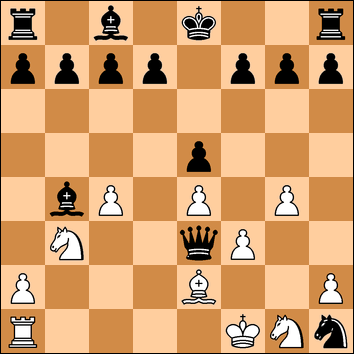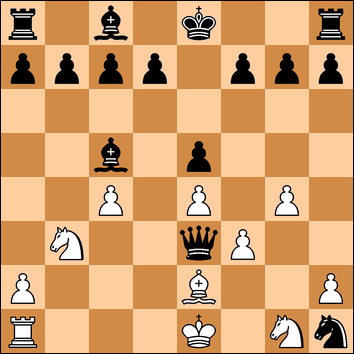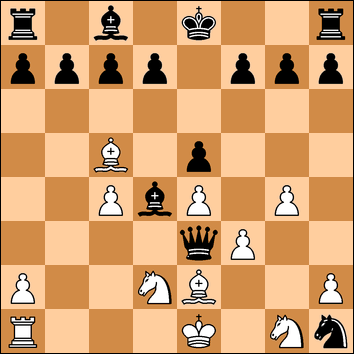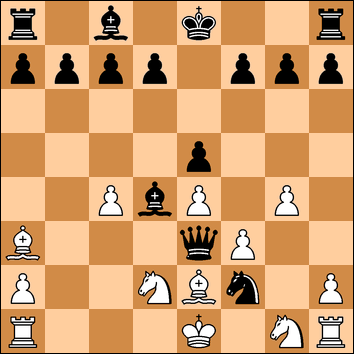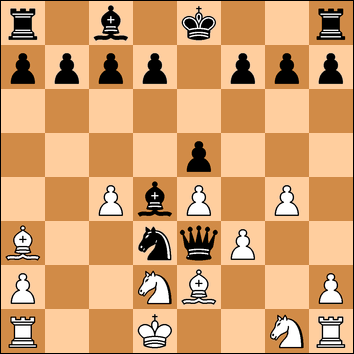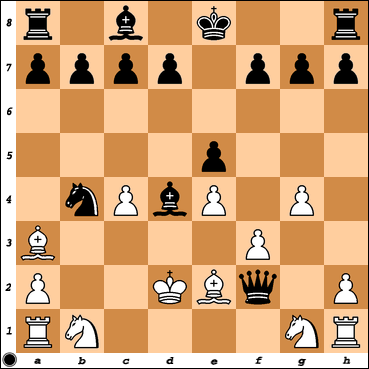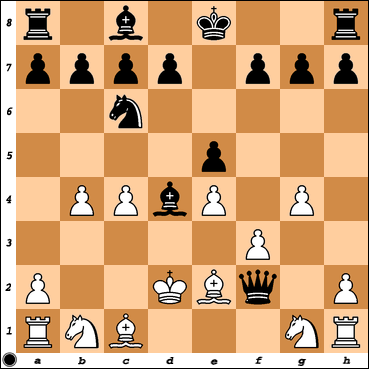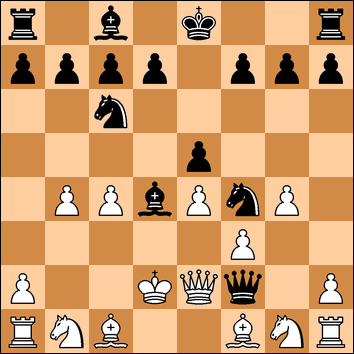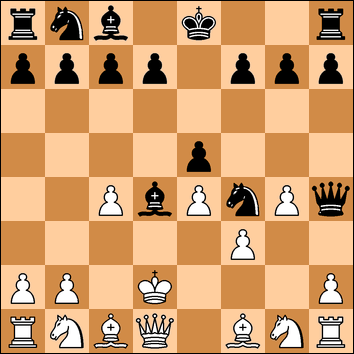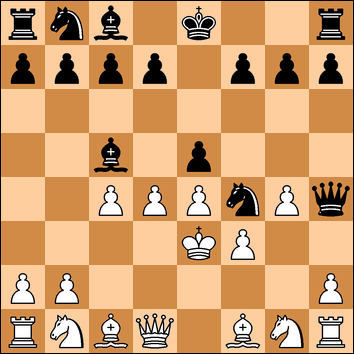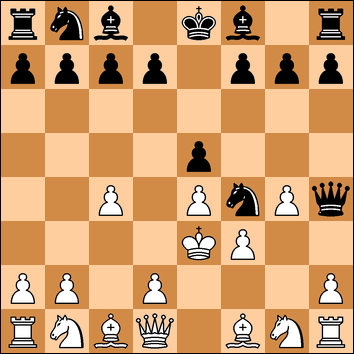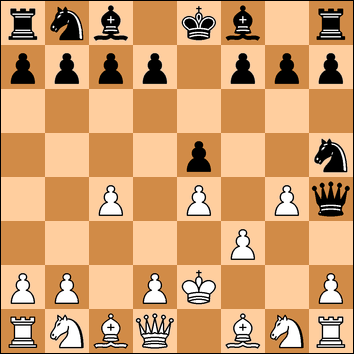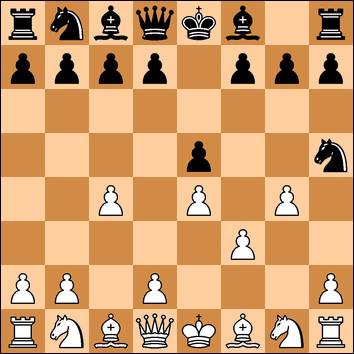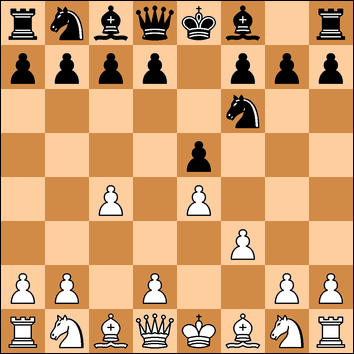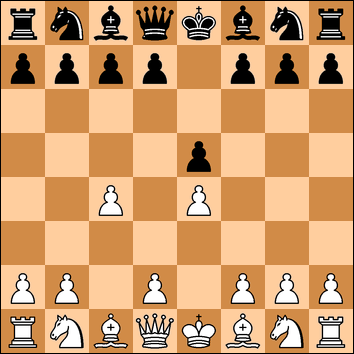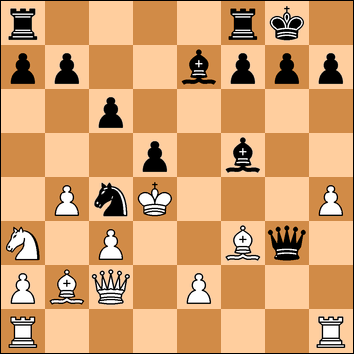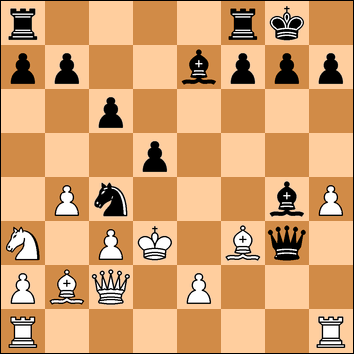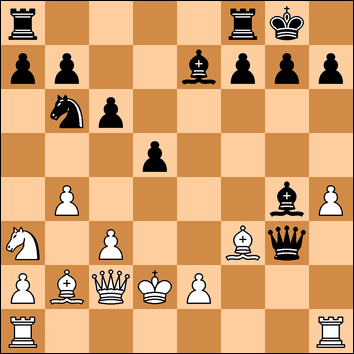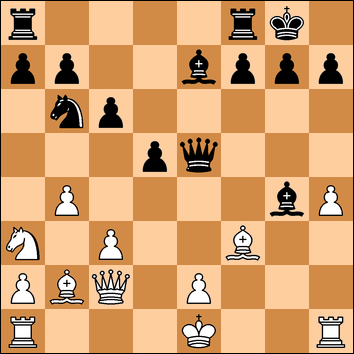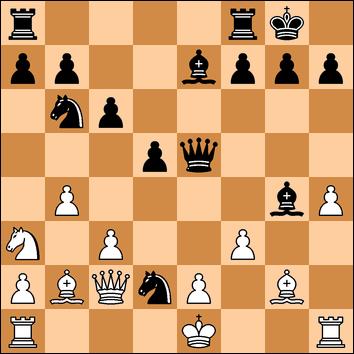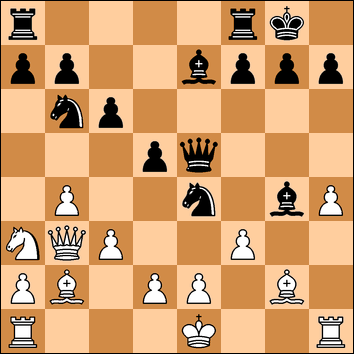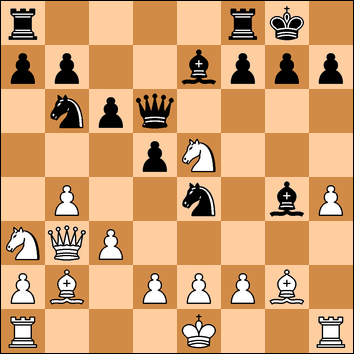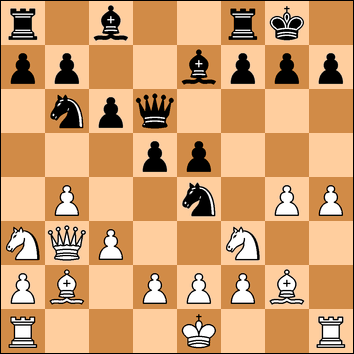Comments
-
Does History Make More Sense Backwards Than Forwards?at the moment we unleash all atomic weapons, the future will resemble the past, humanity's future would be indistinguishable from its past - stone age. — TheMadFool
Except for the elite who will probably be aboard a laser-armed, V2K-capable space station orbiting Earth far enough away to appear (if even at all) as a star. This could very well be the new Pantheon. Or as some dare suggest, the very same. Are some fates worse than death? Perhaps. It depends on your value of life and at what point, if any, some become commodified. -
Has Compassion Been Thrown in the Rubbish Bin?Compassion is not morality, it's self-serving appeasement in the presence of immorality. A soldier who just massacred a village of unarmed non-combatants can have compassion toward a lone boy throwing rocks at him.
Empathy is what prevents indifference, the root cause of virtually all suffering man will ever face. -
What Forms of Schadenfreude, if Any, Should be Pardonable?the point being made is it is a sadistic life to imagine everyone that's different from you will burn eternally while your group floats amongst angels. There is no evidence either will happen but it is sadistic to subscribe to such a thought. — OneTwoMany
You're completely right- about both statements. What does that have to do w/ Christianity though? Hate the sin not the sinner the doctrine says. I mean, sure if by different you mean "a violent criminal" vs. "a law abider" than yes the law dictates the exact same thing. Literally even, if you want to be metaphorical.
I think your confusing Christianity with people who SAY they're Christian yet live in opposition to what it commands. Or to be blunt, those who just don't know what to say and/or don't want to fill out/answer "Atheist/Non-religious" or "Muslim" if/when asked.
First rule of life, trust sparingly and by actions not words. Anything that can be corrupted will be. Of course, anything that can be made wrong can also be made right. Some instances of which I described are simply harder than others. -
What's the biggest lie you were conditioned with?Growing up, it was my family constantly reminding me that the world outside is a 'bad place'. — OneTwoMany
Good Lord. What foolish people. Don't they know the media makes up famine, starvation, violence, rape, and war? Thank God you survived that deathtrap of a family. How I cannot even begin to imagine. They truly had your worst interests at heart.
On the contrary, I learned some of my best values after I left home for college and later for work. — OneTwoMany
You mean, you began to discover life and perhaps had the best time of your life in your college years after being kept safe and sound and able to do so? Eh sounds like a bit of a stretch to me but even astronomical odds offer an even it would seem.
I attribute some of my worst experiences to family and I'm still working on myself to erase the negative impressions created during my growing years. — OneTwoMany
Well surely life is just a rose garden of pleasure and opportunity, people being open with you and not strangers, friends, or acquaintances bound by the implied social contract and/or law must have been purposefully tormenting you for no purpose other than to do so. They must have done so willfully, stashing their billions and near infinite love, wisdom, and understanding offshore, just so you could suffer just a bit more with each passing day.
Who knows maybe I'm right about everything I said. One or more posts here would seem to lend credence. -
Friendly Game of Chess
Oh snap. Shots fired. Nah but the real ones are those who are reading who haven't posted/offered to play who know they want to!
Imma try your "center of the board" philosophy and see where that gets me this time.
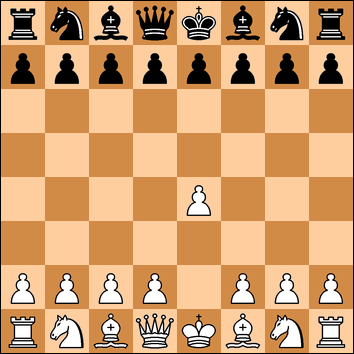
Your move -
Friendly Game of Chess
I was trying to be funny. But the idea I was suggesting was essentially whoever eliminates the other sides pawns wins. Don't take it too seriously, and besides there may be some Chess mechanic that makes that just kinda dumb. I am having fun here, just trying to prolong it. :grin:
If you'd like to humor me sure, otherwise I wouldn't mind a new game if no one else is willing to play at this time? -
Friendly Game of Chess
Well, if you can find an online version of it similar to the one(s) exhibited here, make a thread for it.
Otherwise, feel free to make an opening move. -
Friendly Game of Chess
I think he meant earlier on. Still, if you're more skilled than I it would be more of a match (even to watch perhaps). You sure now? Suppose the same could be said with you and I. Who knows I might win? :grin: -
Friendly Game of Chess
So queenside castle lets you move the rook (or king?) three spaces, with the king on the inner left side? From what I remember from the video, you can only castle using pieces you've yet to move.. correct? I was thinking of doing that but I had the assumption (as the example was a kingside castle, where neither piece moved more than 2 spaces) it was a 2-space deal.
Let's continue but playing the Western version. The straight, powerful male is garbage or just another pawn and so now it's about who keeps their pawns alive the longest. Do 'ya dare? -
Friendly Game of Chess
Looks like checkmate to me? The king is in imminent danger (via queen) and so must be moved, yet every moveable space (the lone non-movable/capturable space being his own pawn) leads to a check? -
Friendly Game of ChessEveryone manually refresh this thread and tell me what's going on here please. Thanks. :up:
-
Friendly Game of Chess
I did at first post then updated it. Speaking of which, come on guy, throw down a game with us! Either w/ praxis or me if you're a newbie. :lol:
Actually.. maybe he's foreshadowing a virtual checkmate. No I see it. Dang. -
Friendly Game of Chess
-
What's the biggest lie you were conditioned with?I think I was 5 or 6 when my grandmother passed. One day around that time I was in the front seat of the truck with my mother. I wondered what the "hazard light" button was. She told me that's what you push to "make us fly straight up into the sky so we can go visit grandma" .. or something. Something came up, I think, and I was just left sitting there pondering that for a good few minutes. Why couldn't it? Planes fly, they both have engines and operate in ways that are just as good as magical to the understanding of a 6 year old. I ended up believing that for a solid half-decade before around 10 or so I was with friends and we were stuck in traffic where everyone was complaining. I suggested "why don't we just push the fly button" .. after I explained it to them, the adults smiled at me, and the kids there just started laughing. Man. Come to think of it I turned out alright in comparison.
Fortunately my father always chose to give me alternate perspectives, a healthy dose of reality, I suppose. To the chagrin of my mother, we'd always watch "America's Most Wanted" every Sunday at 9. I'd always be coming up with "what would I do if..." scenarios as a result.
I disagree with the idea of Santa Claus being akin to a "cruel, counterproductive lie" though. Depending on the circumstance, the occasional glimmer of magic and wonder in an otherwise mundane world can make for happy times, at least early on. Besides, depending on where you live, the possibility of a strange old man breaking into your house and attempting to offer you presents in exchange for you to "be a good boy and listen" is very real. Holidays are weird like that. On Halloween, you dress up your kids in shiny outfits and send them off to stranger's homes unsupervised with the implied rule of eating anything they wish to give you. On Easter, if you happen to be in the woods on an Easter Egg hunt, if you ever run into a strange man in a bunny costume you "won" and need to follow him to wherever he may lead you. Etc. Jeez what a world.
Outlander

Start FollowingSend a Message
- Other sites we like
- Social media
- Terms of Service
- Sign In
- Created with PlushForums
- © 2026 The Philosophy Forum
